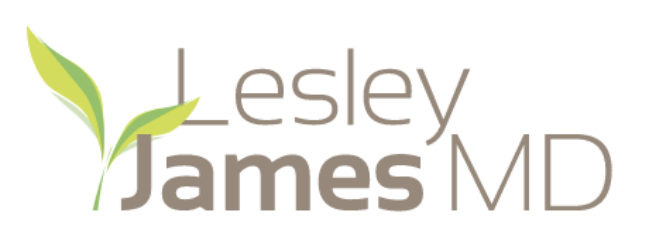Increasing dietary fiber is, in my opinion, one of the best ways to improve your diet. Focusing on this one aspect generally leads to a healthier diet overall, as it typically requires the consumption of more minimally processed plants such as whole grains, fruits and vegetables, legumes, nuts, and seeds. It’s no surprise, then, that diets rich in fiber have been proven to lower the risk of developing chronic disease and improve longevity!
Continue reading “Fiber and Ferment–Two of My Favorite “F” Words”February American Heart Month
Heart ❤️ disease has remained the leading cause of death in the U.S. for over a century, yet recent surveys reveal a concerning lack of awareness among Americans about its gravity. Despite claiming more lives than cancer and chronic lower respiratory diseases combined, many fail to recognize its impact.
Continue reading “February American Heart Month”Reducing Risk of a Winter Infections
While it may not make front page headline news anymore, viral infections haven’t gone away. Here are some common sense strategies to reduce your risk of getting sick this winter.
Continue reading “Reducing Risk of a Winter Infections”Thermography, Just Say No (and please get screened )
As we come to the end of the year I hope you have your breast cancer screening scheduled and caution you against the use of Thermography.
Continue reading “Thermography, Just Say No (and please get screened )”Tofu: A Versatile and Nutritious Superfood
While I’m not a fan of the term “super food,” if I had to choose one, it would be tofu!
October is Breast Cancer Awareness Month, and it’s important to remember that tofu (soy) is perfectly safe for those with and at risk for breast cancer. In fact, some preliminary studies even suggest that tofu intake is associated with a lower risk of breast cancer.
In this blog post, we’ll explore the versatility and health benefits of tofu, share some delicious tofu recipes, and discuss its role in breast cancer prevention.
Continue reading “Tofu: A Versatile and Nutritious Superfood”Elevated Levels of Heavy Metals are Common and Concerning
For the past decade I have monitored patients for heavy metals, specifically lead and mercury. I find elevated levels on a weekly basis and, sadly, these results no longer surprise me.
Continue reading “Elevated Levels of Heavy Metals are Common and Concerning”Somewhere In Between: Estrogen Dominance
As an MD and fellowship-trained Integrative Physician, I am often asked about “health conditions” that are not recognized by the medical community and do not qualify as medical diagnoses for a number of reasons: (a) there may be an evolving theory that has not been thoroughly researched, and/or (b) there may be an oversimplified physiologic process or finding that, while having some science, lacks consistent connections to the disease process or outcomes. Some theories, when fully investigated, may in time come to be recognized while others will not – the scientific method is a lengthy process. When approached with these “conditions,” I often find myself “somewhere in between” and I continually pour over new research outcomes in an effort to treat patients who are feeling unwell. While I am sympathetic to those who are frustrated with the pace of medicine and the lack of answers pertaining to their health, we must remember that little truths that are strung together produce interesting headlines, but do not make for sound medical practices. This is the final entry in a three-part series.
Continue reading “Somewhere In Between: Estrogen Dominance”Salt: How Much is Too Much?
Recently I was surprised when a patient who was newly diagnosed with hypertension (high blood pressure) mentioned that she had not been advised to cut back on salt, even after consulting with a nutritionist. This is concerning, as, according to the CDC, it is estimated that 90 percent of Americans ages 2 years and above consume too much salt (sodium), and that 2.5 million deaths around the world could be prevented if our salt consumption was reduced to meet the levels recommended by the World Health Organization (WHO).
Continue reading “Salt: How Much is Too Much?”Timing Matters when Intermittent Fasting
In the 15th century, the word breakfast became used to describe “breaking the fast.” However, when many people start intermittent fasting they tend to skip breakfast and begin eating at lunchtime. Unfortunately they are undermining their weight loss goals, as studies show that the benefits of fasting tend to be diminished when calories are shifted to the latter part of the day.
Continue reading “Timing Matters when Intermittent Fasting”What is a Healthy Glucose Level?
Recently I wrote about continuous glucose monitors, advanced technology for measuring glucose levels. Now that we know how glucose is measured and the available data, it’s important to explore what constitutes a “normal” glucose level.
Continue reading “What is a Healthy Glucose Level?”









